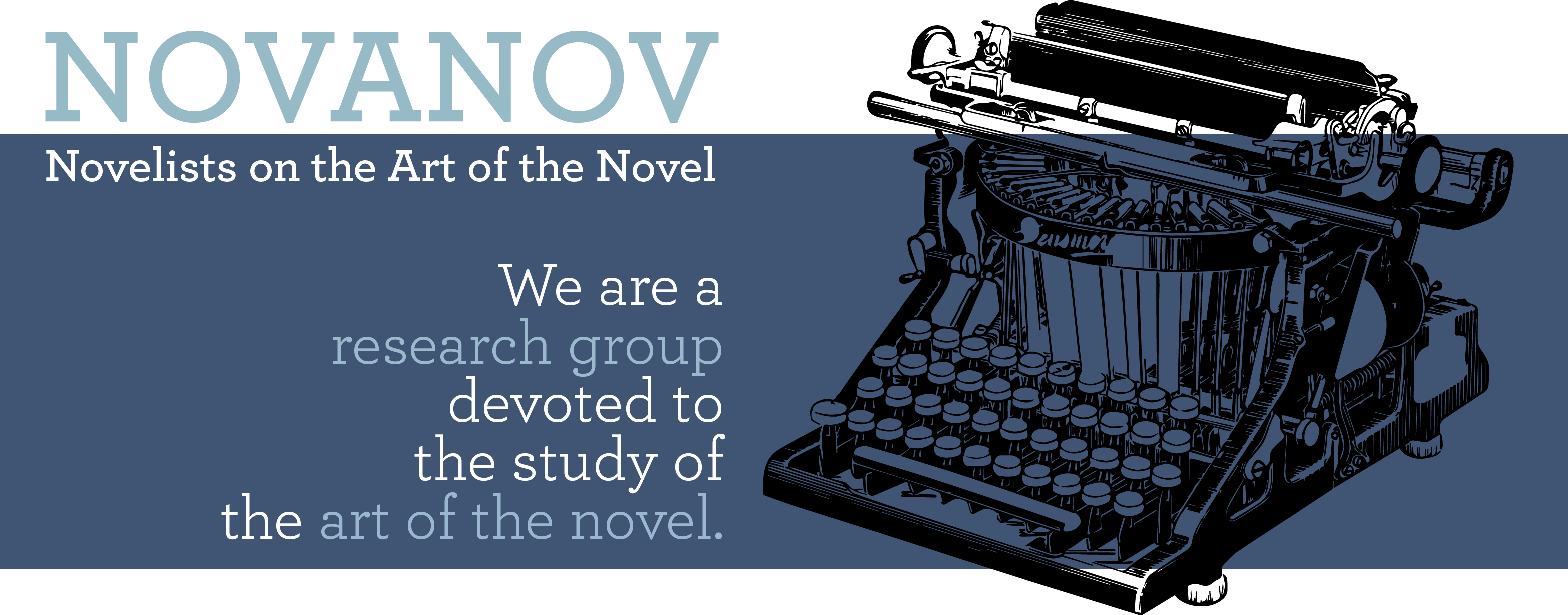 |
|
   |
  The "NOVANOV" team, dedicated to "Novelists on the Art of the Novel," brings together researchers in the Department of French Language and Literature and the Department of English at McGill University, as well as the English Department at Concordia University. This research team examines non-novelistic texts-essays, prefaces, interviews, correspondence, diaries, and commentary that novelists have written about their chosen genre. These texts often articulate the aims and values of the novel, or indeed its praxis and stakes. Research focuses on "the modern novel," which is to say novels written between the later eighteenth century and the present day. The novel is not only a site of "fiction" or "imagination," in which invented worlds allow departures from or modifications of reality. The novel is also one of the privileged ways in which culture formulates hypotheses about the world and existence. In the eighteenth century, the English novel activated such hypotheses in a sustained fashion. In the nineteenth century, the French realist novel extended the field of possibilities. Since then, the novel, generally speaking, inhabits a central position in our ways of understanding, exploring, and describing existence. The NOVANOV research team proposes that statements by novelists comprise a concerted thinking of and about the novel. NOVANOV researchers approach "novel thinking" through the extensive commentary that novelists have elaborated on the art of the novel. Statements about the aesthetic, philosophical, and ethical imperatives of the novel constitute a discourse on and discussion about novelistic practice. Such detailed thinking about the novel points to an internal, even internalized, history of the novel, a history that novelists consciously bear in mind. They are conscious of the history of the novel and its various lineages. They are equally conscious of the specificity of the art of the novel and the features that distinguish the novel from other arts and forms of expression. In short, novelists are conscious of the powers and kinds of knowledge that the novel embodies. To date, no research has articulated this internal "thinking" of the novel and its history.  The research team wishes to thank the Fonds québécois de recherches en sciences sur la société et la culture (FQRSC) and the Social Sciences and Humanities Research Council of Canada (SSHRC) for their financial support.    |